PTFE Sampling Wide Mouth/Caliber Reagent Bottle
$20.00 – $517.00Price range: $20.00 through $517.00
Type: PTFE Reagent Bottle
Material: 100%PTFE
Feature: Resistant to strong acids, strong alkalis and low adhesion
Customization:available
Item NO.: S259201
PTFE Sampling reagent bottle with wide mouth/caliber is a container made of polytetrafluoroethylene material, used for storing and processing high-purity, highly corrosive chemical reagents.
The Main Application Fields of PTFE Reagent Bottles
Based on the above characteristics, PTFE reagent bottles are widely used in scenarios that require extremely high container requirements:
Storage of ultrapure reagents and standard solutions: standard samples for trace analysis such as ICP-MS, high-purity acids, and ultrapure water.
Operation and storage of hydrofluoric acid (HF): Hydrofluoric acid can corrode glass, and PTFE is one of the few materials that can safely contain HF.
Storage of highly corrosive liquids such as aqua regia, hot concentrated sulfuric acid, nitric acid, etc.
Semiconductor and electronics industry: used for the transportation and storage of high-purity chemicals.
Drug development and biotechnology: storage of sensitive organic compounds and solvents.
Environmental monitoring and analysis: Store water samples, soil extracts, etc. to be tested to avoid contamination from containers.
High temperature reaction: such as an inner liner tank used for hydrothermal synthesis reactions.
Excellent Chemical & Physical Properties:
Extremely strong chemical inertness (the core advantage)
PTFE is known as the “plastic king” and hardly reacts with any known strong acids, bases, oxidants, organic solvents, etc.
Tolerant reagents include aqua regia, hydrofluoric acid (HF), hot concentrated sulfuric acid, nitric acid, hydrochloric acid, chromic acid, various organic solvents (such as acetone, benzene, alcohols), etc.
This feature ensures that the stored samples are not contaminated by the container and also guarantees that the container itself is not corroded.
Extremely low leaching and adsorption of metal ions
The surface of PTFE is smooth and dense, and it hardly adsorbs trace elements and components in the sample.
The content of self dissolved metal ions is extremely low, which is crucial for trace analysis (such as ICP-MS, ICP-OES, AA, etc.), effectively avoiding background contamination and ensuring the accuracy of analysis results.
Excellent thermal stability
It can usually be used for a long time within the temperature range of -200 ° C to+260 ° C.
Short term tolerance to higher temperatures (such as 300 ° C) makes it suitable for hydrothermal reactions, high-temperature digestion, or high-temperature sample storage.
Excellent non stickiness and surface smoothness
The surface friction coefficient is extremely low, does not adhere to any substances, is easy to clean and pour out viscous reagents, and there will be no residue.
High purity and good electrical insulation
| Weight | N/A |
|---|---|
| Capacity | 30ml – ND22*D41*H80mm, 50ml – ND23*D45*H85mm, 100ml – ND24*D55*H90mm, 250ml – ND34*D65*H120mm, 500ml – ND34*D82*H160mm, 1000ml – ND43*D105*H200mm, 2000ml – ND58*D138*H235mm, 3000ml – ND58*D138*H290mm, 4000ml – ND58*D165*H275mm, 5000ml – ND58*D165*H320mm |

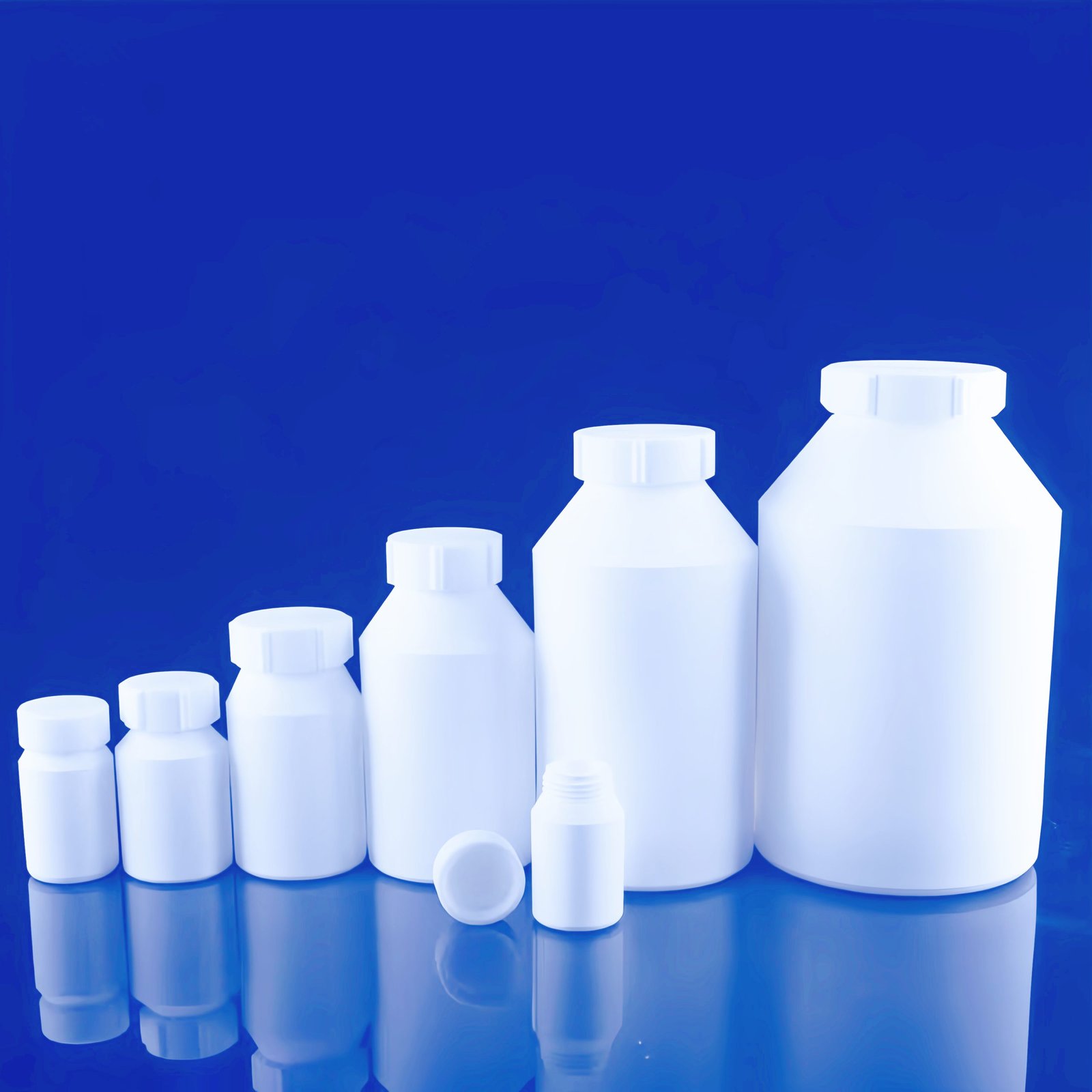
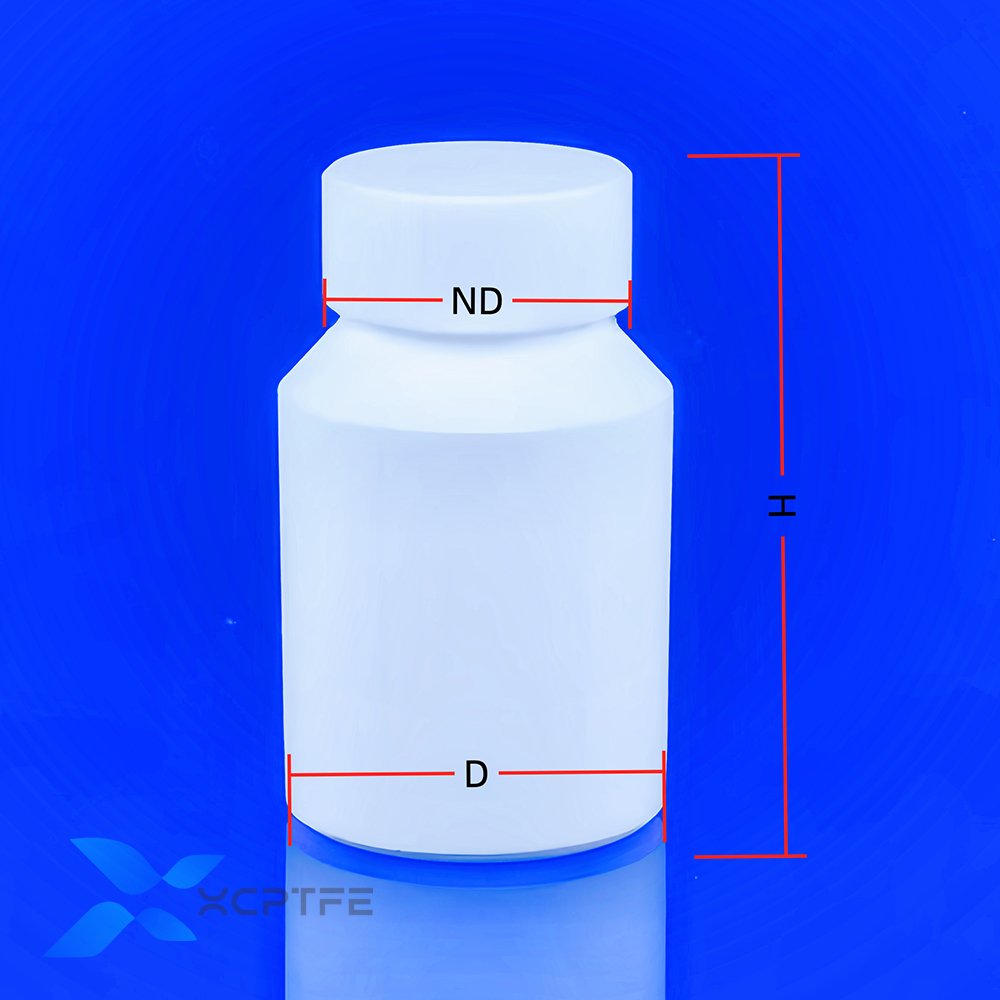
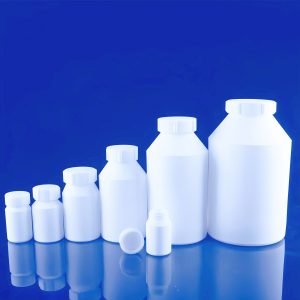
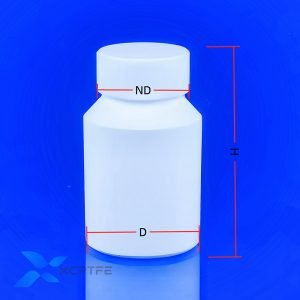
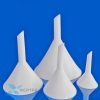
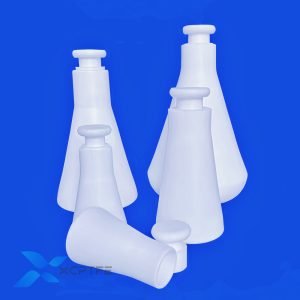
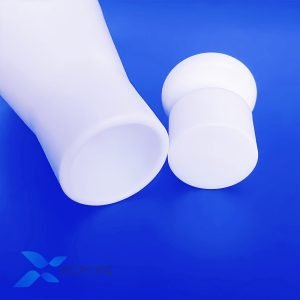
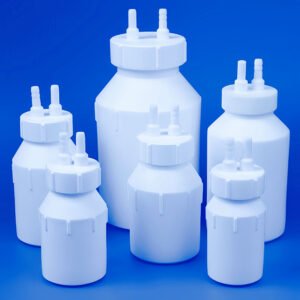
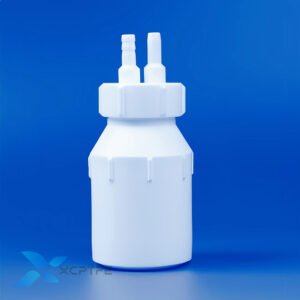
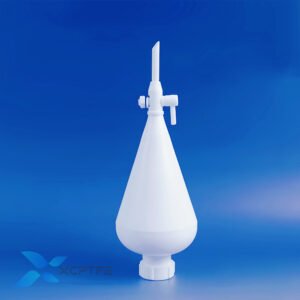
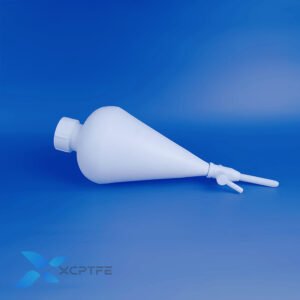
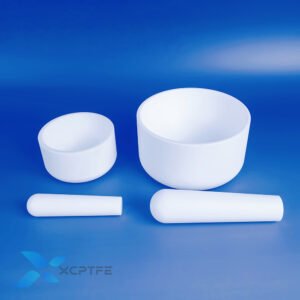
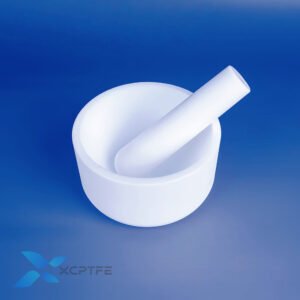
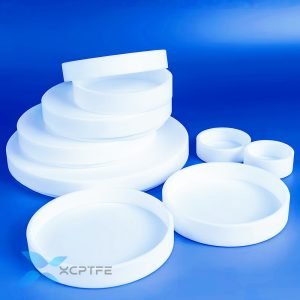
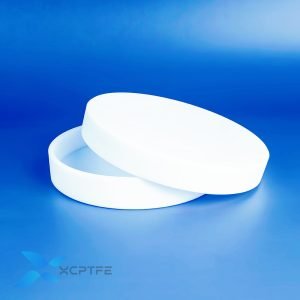
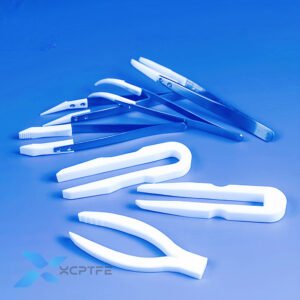
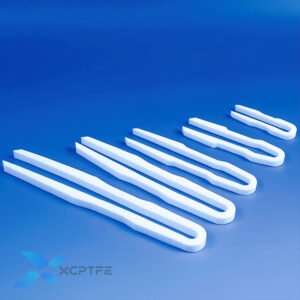
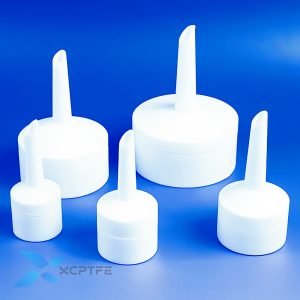
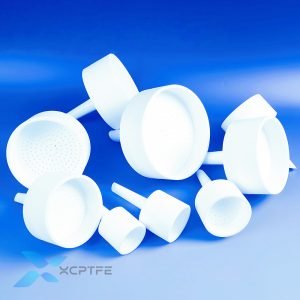
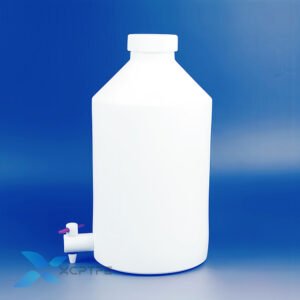
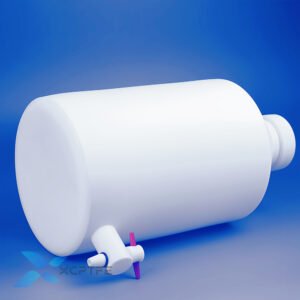
Reviews
There are no reviews yet.